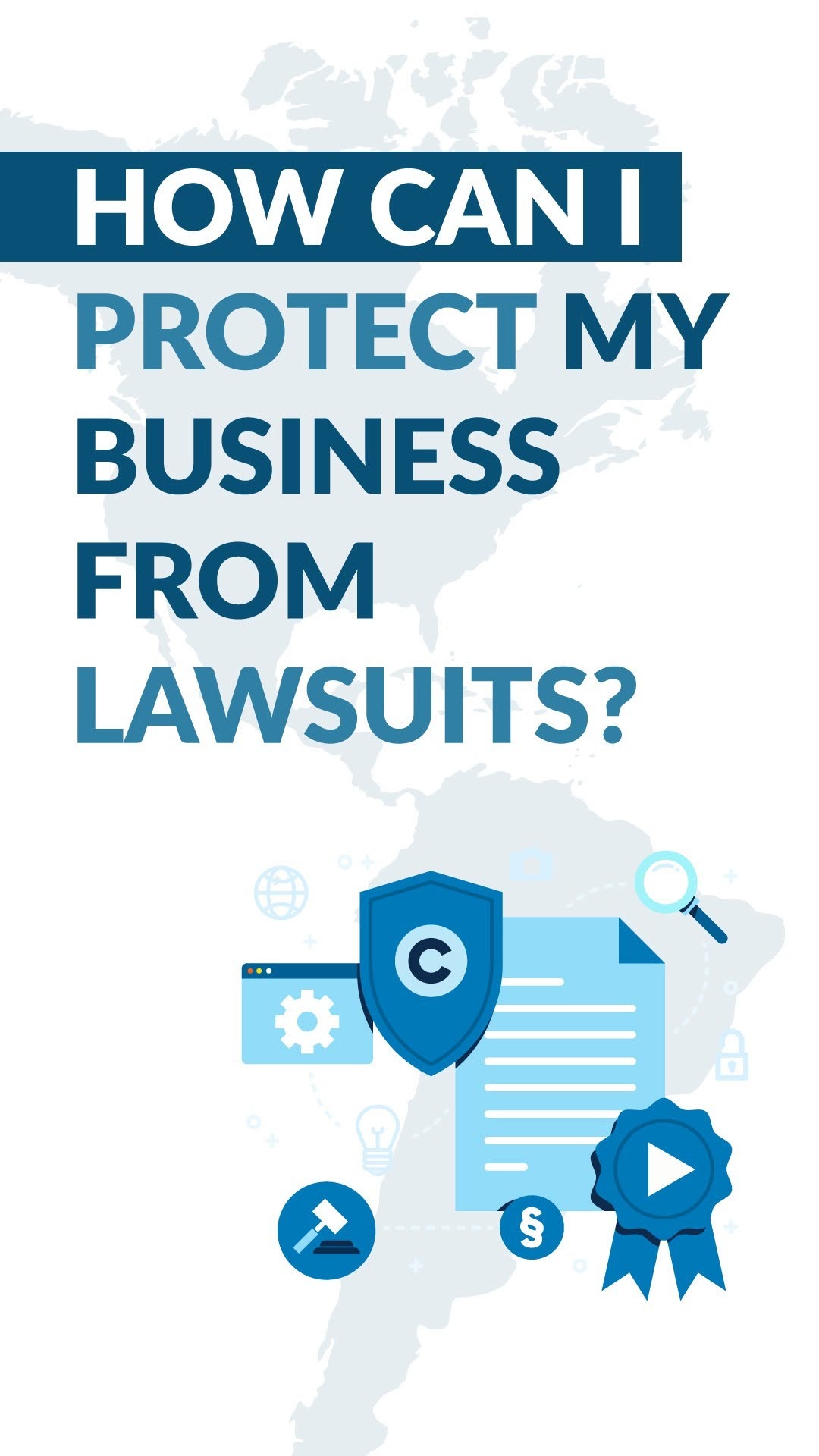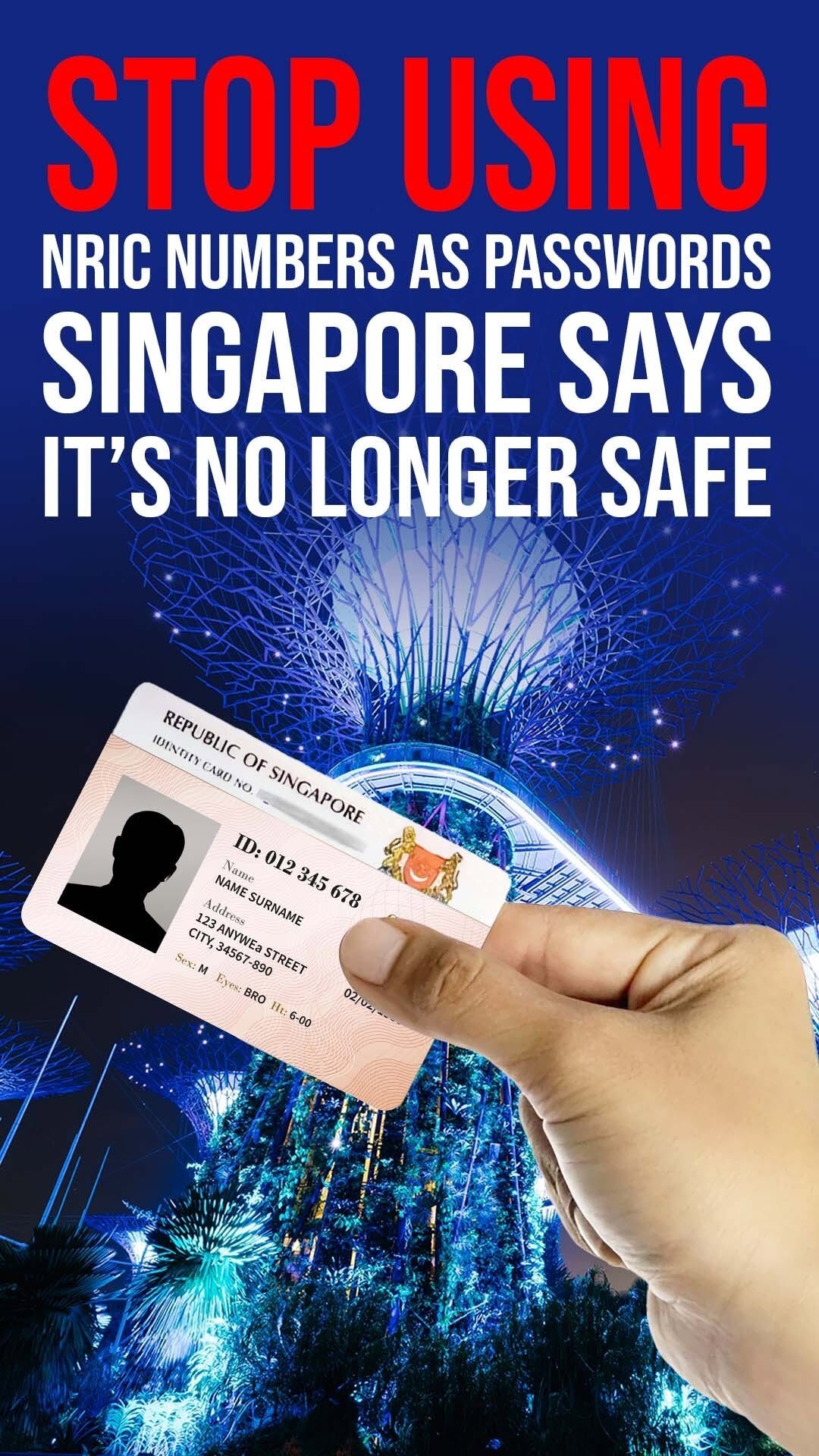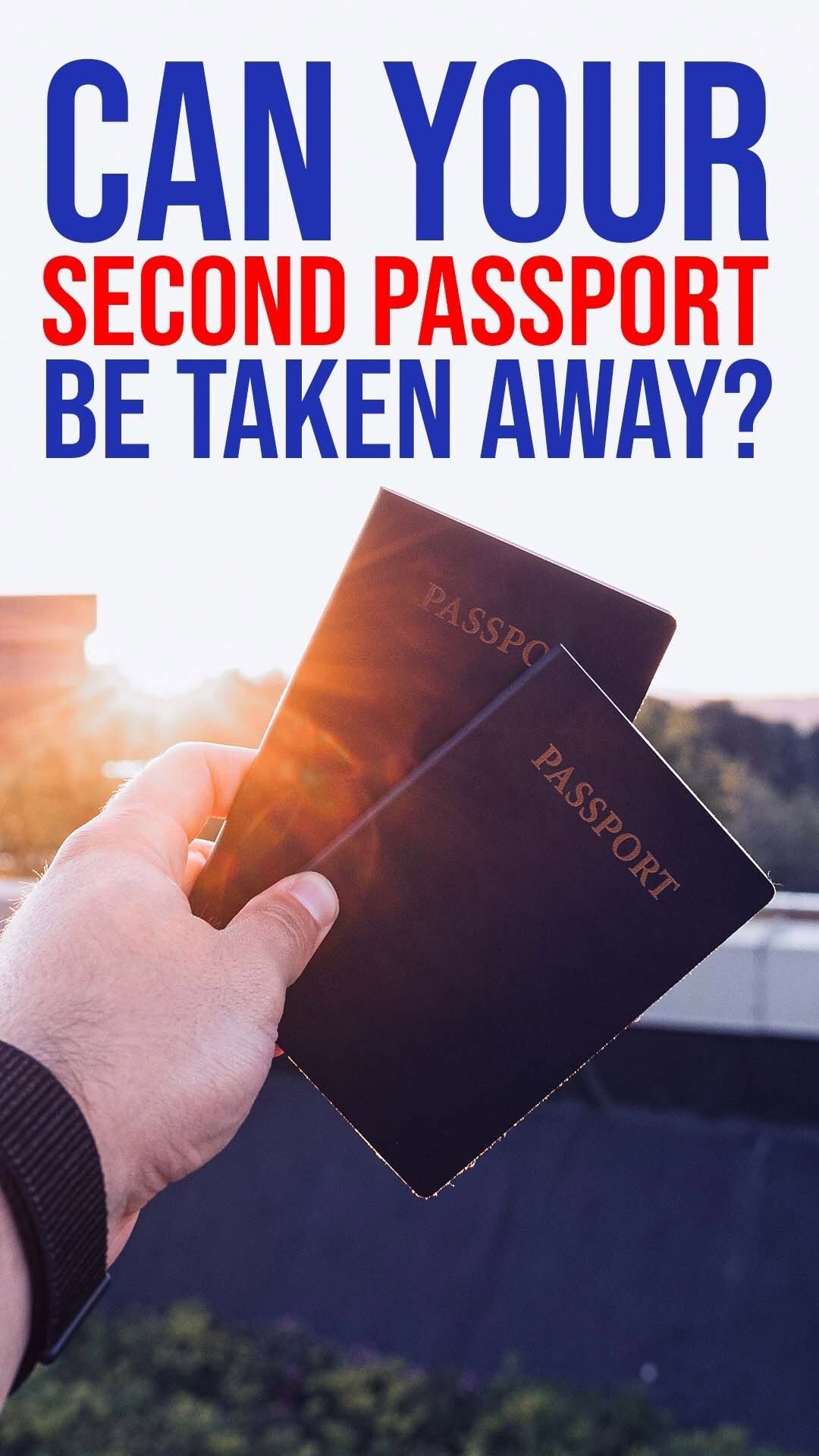

Since 2010, the Global Law Experts annual awards have been celebrating excellence, innovation and performance across the legal communities from around the world.
posted 3 months ago
Although it is easy to obtain information regarding family laws in the UAE, people are generally unaware about the procedural aspects of the family court process. In this article, we will look at the court procedures once a decision is issued by the Court of First Instance in the UAE. A legal consultant in Dubai can provide guidance on navigating the family court appeal process, including filing deadlines and valid grounds for appeal.
The UAE has three levels in its judiciary comprising of the following:
1. The Court of First Instance
2. The Court of Appeal
3. The Court of Cassation
The UAE judiciary allows a three-tier litigation system where a judgement can be appealed twice, to ensure that all aspects of an issue are addressed adequately.
In family cases, a dispute, whether regarding divorce, inheritance or other family matters, is initially brought before the Court of First Instance, commonly known as the Personal Status Court. This Court has the authority to understand the facts and evaluate the documents and evidence presented in the case and to derive what it deems consistent with the reality of the case and its merits without being subject to review by the Court of Cassation, as long as its ruling is based on valid reasons with a foundation in the papers sufficient to support it (as established in Dubai Court of Cassation Appeal No. 104 of 2018 – Personal Status).
After the judgement is issued by the Court of First Instance, the case can be appealed before the Court of Appeal.
Once a judgement is issued by the Court of First Instance, either party to the case can appeal the judgement if they are dissatisfied with the whole or part of the judgement issued. As per Article 161 of the Federal Decree Law No. 42 of 2022 on the promulgation of the Civil Procedure Law, an appeal to the judgement must be filed within 30 days of the issuance of the judgement.
The Court of Appeal reviews decisions issued by the Court of First Instance. In case both parties have appealed the decision, the two appeals will be combined to hear and issue judgement.
Both the Court of First Instance and the Court of Appeal are categorized as trial courts and have the power to examine the facts and evidence of the case. The Court of Appeal can re-examine the facts and evidence on the request of the parties, if the court deems it necessary. It is legally established according to the settled jurisprudence of the Dubai Court of Cassation Appeal No. 104 of 2018 – Personal Status that the Appeal Court is not obligated to respond to every non-legal inference challenged by the parties, nor to follow them in all their lines of defense and various arguments and reasons, nor to respond to each of them or to the documents they submitted independently, as long as the truth it is convinced of and its evidence provide an implicit response negating all that is contrary to it. Furthermore, the Court of Appeal can uphold the appealed decision and this ruling is considered sufficiently reasoned if the court adopts the reasons of the First Instance Court ruling that it upholds, provided that those reasons sufficiently justify the appealed decision.
If either or both parties to the case disagree with the judgement issued by the Court of Appeal, and if the appeal is based on a violation of the law or an error in its application or interpretation, the parties may appeal the decision before the Court of Cassation. As per Article 9 of the Federal Decree Law No. 41 of 2024 regarding Personal Status Law, such appeal must be filed within 30 days of the issuance of the judgement.
An appeal by way of cassation is essentially an objection against the ruling being appealed. Therefore, it is necessary that the arguments against an appealed ruling are directed at a specific defect upon which the appealed ruling is founded. If the appealed ruling lacks such a defect, the arguments posed by the appealing party may not be accepted. The Court of Cassation does not re-examine factual matters as they fall within the discretionary power of the trial courts and outside the scope of scrutiny of the Court of Cassation. Dubai family lawyers are well-versed in representing clients across all three tiers of the UAE judiciary, from the Court of First Instance to the Court of Cassation.
If a judgment is appealed, what are the possible outcomes that can be expected? If a court judgement is appealed before the Court of Appeal then the Appeal Court may either completely or partially quash and decide on the merits of the case. It may dismiss the appeal after confirming the decision of the lower court. In some cases it may also return the case to the lower court for retrial.
A judgement by the Court of First Instance and the Court of Appeal will become final on the expiry of the time period within which the judgement can be appealed. The judgments of the Court of Cassation are considered final. Some of the top law firms in Dubai offer comprehensive support for family law appeals that are thoroughly explored to protect clients’ interests.
Author


No results available
posted 6 hours ago
posted 2 days ago
posted 2 days ago
posted 4 days ago
posted 4 days ago
posted 4 days ago
No results available
Find the right Legal Expert for your business
Global Law Experts is dedicated to providing exceptional legal services to clients around the world. With a vast network of highly skilled and experienced lawyers, we are committed to delivering innovative and tailored solutions to meet the diverse needs of our clients in various jurisdictions.

When your international business faces financial distress, quick action is key! 🔑 Negotiating with creditors, restructuring debt, and understanding insolvency laws can help regain stability. Global Law Experts is here to guide you through your options.
🌍Explore the details on our website.
🔗Link in bio
#GlobalLawExperts #CommercialLaw #BusinessLaw #LegalAdvice #BusinessGrowth #LegalTips #BusinessStrategy #LegalCompliance #Law #LegalKnowledge #LegalAwareness #Law101 #LegalEducation #IntellectualProperty

Running a business is hard enough — lawsuits shouldn’t make it harder. 🚫 Protect your business with the right legal strategies and expert tools from Global Law Experts. Let’s secure your future together! 💼
🌍Explore the details on our website.
➡️www.globallawexperts.com
#GlobalLawExperts #CommercialLaw #BusinessLaw #LegalAdvice #BusinessGrowth #LegalTips #BusinessStrategy #LegalCompliance #Law #LegalKnowledge #LegalAwareness #Law101 #LegalEducation #IntellectualProperty #Infringed #Ecommerce #LegalBranding

Using NRIC numbers as passwords or identity proof? That era is done. Strengthen your security with multi-factor authentication and biometrics—because your clients' trust depends on it.
#SingaporeLaw #DataPrivacy #CyberSecurity #PDPA #NRIC #MFA #StrongAuthentication #LegalCompliance #ClientTrust

Swiss law protects secured lenders—with precision. From real estate to IP and bank accounts, every asset counts—just as long as it’s defined, documented, and delivered.
#SwissLaw #SecurityInterest #Collateral #InternationalLending #SwissFinance #LegalCompliance #GlobalBusiness #AssetSecurity

Gold trading in Saudi Arabia isn’t just a business—it’s a lab test, a permit, and a legal tightrope. Want to succeed? Start with compliance, hallmarking, and permits—or risk losing it all.
#GoldTrading #SaudiLaw #PreciousMetals #BusinessSetup #LegalCompliance #GlobalBusiness #SaudiArabia #TradeRigour

Second citizenship isn’t permanent—especially if you break the rules. Know the risks and how to safeguard your status: be transparent, stay lawful, and honour all citizenship requirements.
#SecondCitizenship #CitizenshipRisks #DualNationality #Compliance #GlobalMobility #LegalAdvice #ImmigrationLaw

Send welcome message